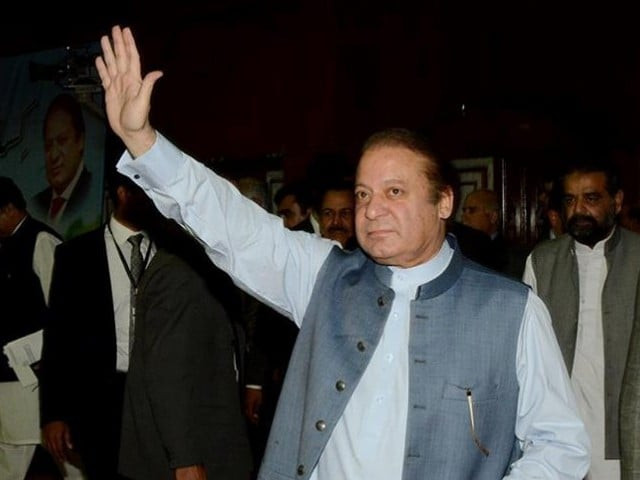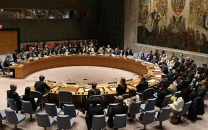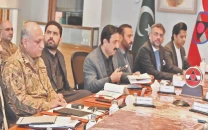Determined to overcome power shortages by 2018, says PM
Prime Minister Nawaz Sharif chairs meeting to review progress on Neelum Jehlum Hydel Project at PM House

Prime Minister Nawaz Sharif. PHOTO: PML-N
"We will complete the Neelum Jehlum and many other energy related projects during our term in office to bring the country out of darkness," the premier said while chairing a meeting to review the progress of the Neelum Jehlum Hydel Project at the PM House on Wednesday.
He was briefed on various aspects of the project during the meeting, which Finance Minister Ishaq Dar, minister for water and power and other senior government officials in attendance.
Power crisis: CM sees wind energy potential in south Punjab
Secretary Water and Power Younus Dagha was directed by the premier to submit a bi-weekly report on the status of the project to the PM office.
PM Nawaz directed all concerned to shift to the project site to ensure the effective supervision and speedy work on the project.
Pakistan’s resources can tackle power crisis, say experts
"Achieving economic stability is directly connected with uninterrupted power supply to the industrial sector for the country, for which timely completion of the energy project is necessary," the premier said. "Our efforts in the shape of power projects in diverse sources of energy reflect our determination to overcome the issue of power shortages in the country."



















COMMENTS
Comments are moderated and generally will be posted if they are on-topic and not abusive.
For more information, please see our Comments FAQ